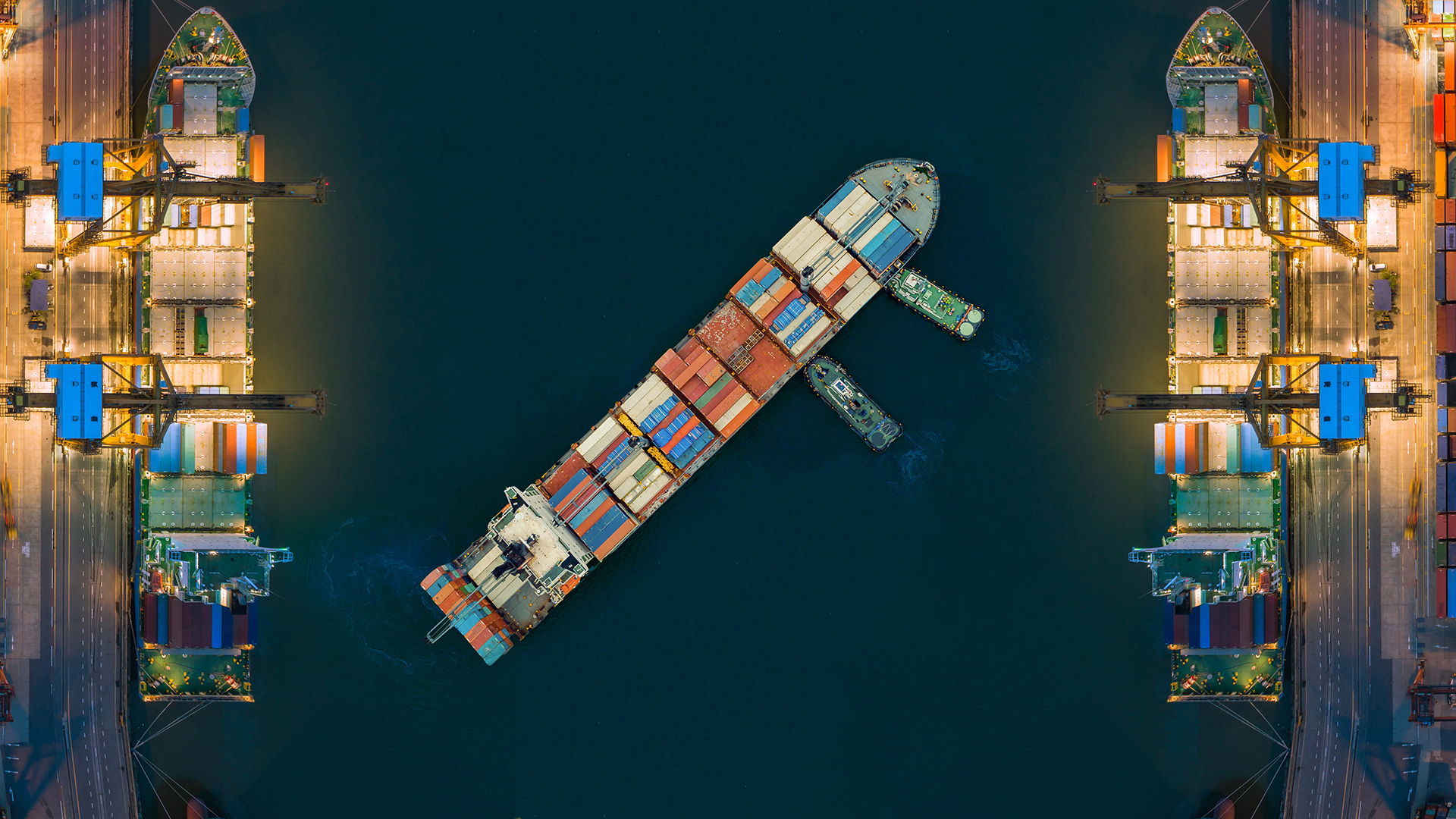
Publication
Regulatory investigations and enforcement: Key developments
The past six months have seen a number of key changes in the regulatory investigations and enforcement space.


South Africa | Update | March 2020
The effects of the coronavirus outbreak will be felt for some time to come even if the virus is eliminated entirely in the next few months. Share prices and shipping rates have plumetted against fears relating to China’s factory production output and China’s appetite for commodities.
Importers, exporters and travellers have already been affected by the outbreak with cancellation of sales contracts and shipping contracts and/or the late delivery of goods. For existing sales and transport contracts, in many cases the loss will lie where it falls. In other words, parties to sales and transport contracts, in most cases, will not have claims against one another for non- or late delivery either because they are protected by their contracts with force majeure, or impossibility of performance clauses, or because their losses are purely consequential and accordingly not recoverable under the contract.
This depends on the provisions in the existing contracts and applicable law and we have accordingly recommended that anybody involved in international trade or transport needs to assess their risk by reviewing contractual arrangements, and by including appropriate provisions in contracts concluded in the future.
Unsurprisingly, all those who have suffered losses have looked to their insurance policies to ascertain whether or not the loss is covered. Whether a claim properly lies under a policy will depend on the circumstances and the wording of that policy.
Generally speaking however, the claims will not lie under a typical marine insurance goods policy concluded on ICC(A) or similar terms. Although this is an ‘all risks’ policy, it is subject to the underlying proviso that there must be loss or damage to the goods before its coverage clause comes into effect. It is then subject to the exclusion clauses contained in the policy. Where there is loss or damage to the goods as a result of the cargo taking longer than expected to reach its final destination, the resultant losses will normally be excluded by the delay exclusion clause.
Some insureds and brokers have sought to rely on the forwarding charges clause which, broadly, provides that if the voyage is terminated at a place other than that to which the goods were covered under the policy, underwriters will indemnify the insured for any extra charges properly and reasonably incurred in unloading, storing and forwarding the goods to the final destination. This clause, however, is subject to the condition that a claim only arises as a result of the operation of a risk covered by the policy. If there is no cover because the goods have not been lost or damaged, then the forwarding charges clause does not apply.
Traders, forwarders, manufacturers and carriers have also looked to their liability policies. Because the wording of these policies varies considerably, no general rule can be said to exist. In the cases we have seen, however, no cover lies under the liability policies because the party is not contractually liable to guarantee performance of the sales or carriage contract, or to pay for any claims arising out of delay caused by the coronavirus.
Finally, insurers and brokers have been looking to business interruption policies, and again no general rule exists as to whether or not cover lies under those policies; each case will have to be determined on its merits.
As a result of the realisation that in most cases no cover lies under existing policies, brokers and underwriters have entered into discussions regarding cover going forward. What should be clear to the market is that there is a very real reason why losses of this nature are not insurable and why, in general, these claims under existing policies are excluded. This is simply because the potential liability is unknown at the time any risk is attached either to the cargo or in the form of a liability policy. The potential exposure under any policy dealing with the coronavirus or similar outbreaks is potentially in excess of the value of the cargo and will have a considerable effect on reinsurance arrangements, as well as claims margins under that policy.
A simple example illustrates why this is the case. Party S, based in South Africa, sells a consignment of 200 000 tons of iron ore in bulk to Party B in China. The cargo is loaded at Saldanha Bay under a charterparty concluded by Party S with the owners of the vessel. En route to China, the owners are advised that the discharge port has been closed due to the coronavirus or, alternatively, the owners learn that any ships calling at China will subsequently not be allowed into other ports in the world unless the crew have been quarantined for an extensive period. In either case, the owners advise the charterers that they are not delivering the cargo to the intended discharge port. The sellers then have to decide whether to have the cargo returned to South Africa or discharged at another port.
Our ports are not suited to discharging iron ore, and the costs of doing so, including the extensive delays to the ship and the costs of the return voyage may well exceed the value of the cargo. Discharging the cargo at an intermediate or alternative port is far more viable, but could result in extensive storage, reloading and onwards carriage charges once the coronavirus epidemic is over. Another alternative is to sell it as a distressed cargo to some other buyer. As a result, B may pursue claims against S for its losses, including those for loss of profits, penalties under on-sale contracts, factory closures and other consequential losses.
As a result of these considerations, those involved in international trade are unlikely to obtain insurance cover and should look to alternative to ways to manage their risk. This will require reconsideration of their existing sales and transport contracts. If contracts can’t be agreed to protect that party, it will either have to cancel the business or accept a potentially unlimited liability.

Publication
The past six months have seen a number of key changes in the regulatory investigations and enforcement space.

Publication
Low carbon projects, especially those involving hydrogen and carbon capture and storage (CCS), play a crucial role in the journey towards global decarbonization.
Publication
The insurance industry is facing a rapidly changing litigation environment. Emerging risks, regulatory developments, and technological advancements are reshaping how insurers approach underwriting, claims, and risk management. Below is an overview of the most significant trends impacting the sector.
Subscribe and stay up to date with the latest legal news, information and events . . .
© Norton Rose Fulbright LLP 2025